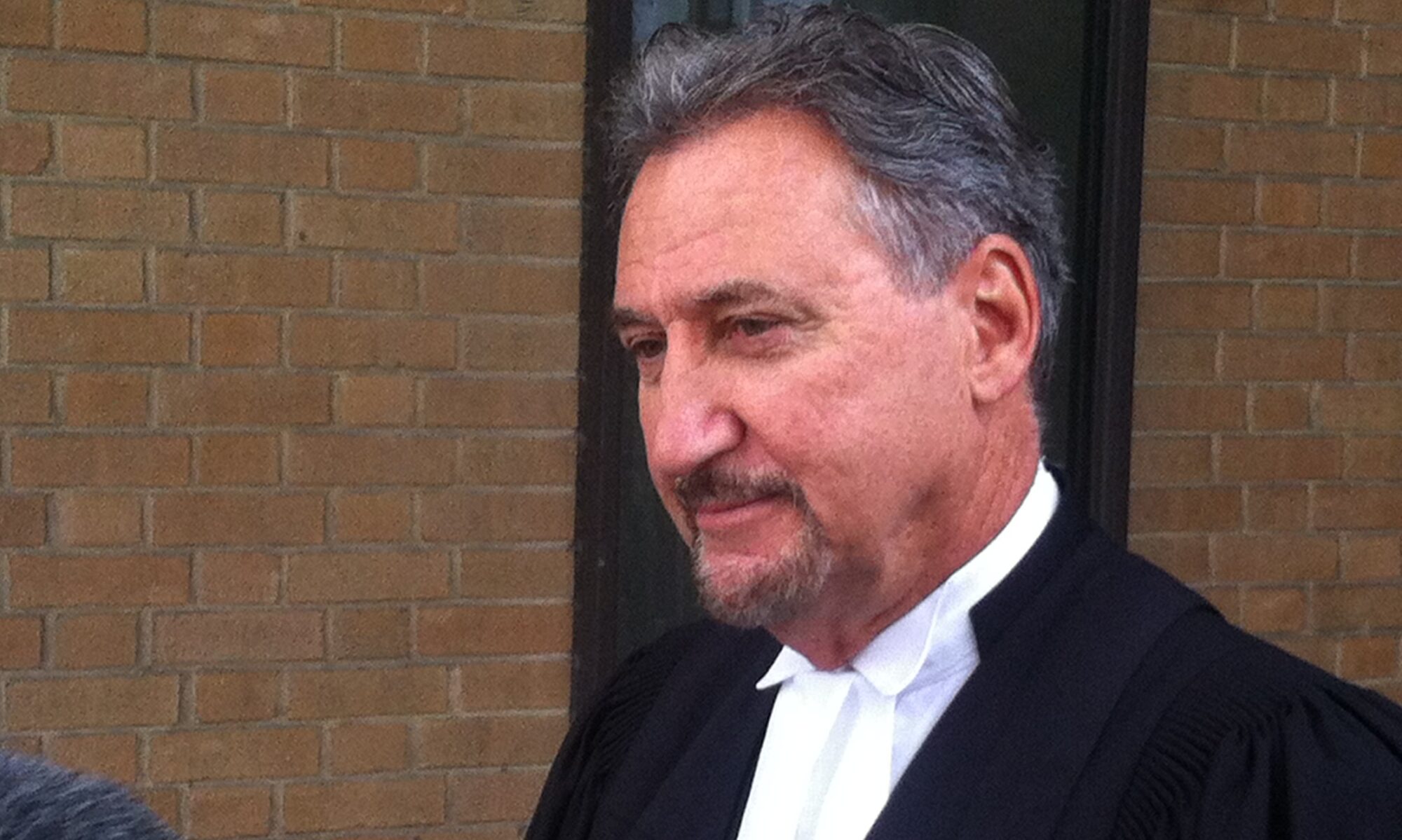 |
| Patrick Ducharme |
Examples of Common Pre-Trial Applications
The following are examples of common pre-trial applications.
Production and Disclosure of Therapeutic Records in the Possession of Third Parties
A “record” that contains personal information for which there is a reasonable expectation of privacy and includes medical, psychiatric, therapeutic counseling, education, employment, child welfare, adoption and social services records, personal journals and diaries, and records containing personal information must be applied for pursuant to the regime set out in sections 278.1 to 278.91 of the Code.
Generally, a Judge asked to consider such an application, holds a hearing privately to determine whether to order the person who has possession or control of the record to produce it to the court for review. The person who has possession or control of the record, the complainant or witness, and any other person to whom the record relates may appear and make submissions, but they are not compellable. For counsel to come within the parameters of this statutory regime will often be as difficult as the proverbial biblical reference of fitting into the “eye of the needle.”
Continue reading “Pre-trials: Production and Disclosure of Therapeutic Records in the Possession of Third Parties”


